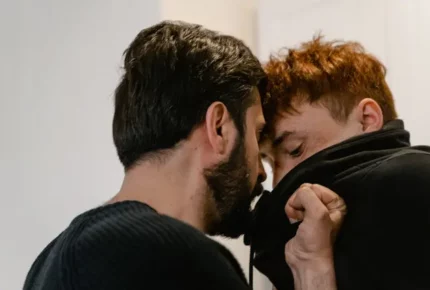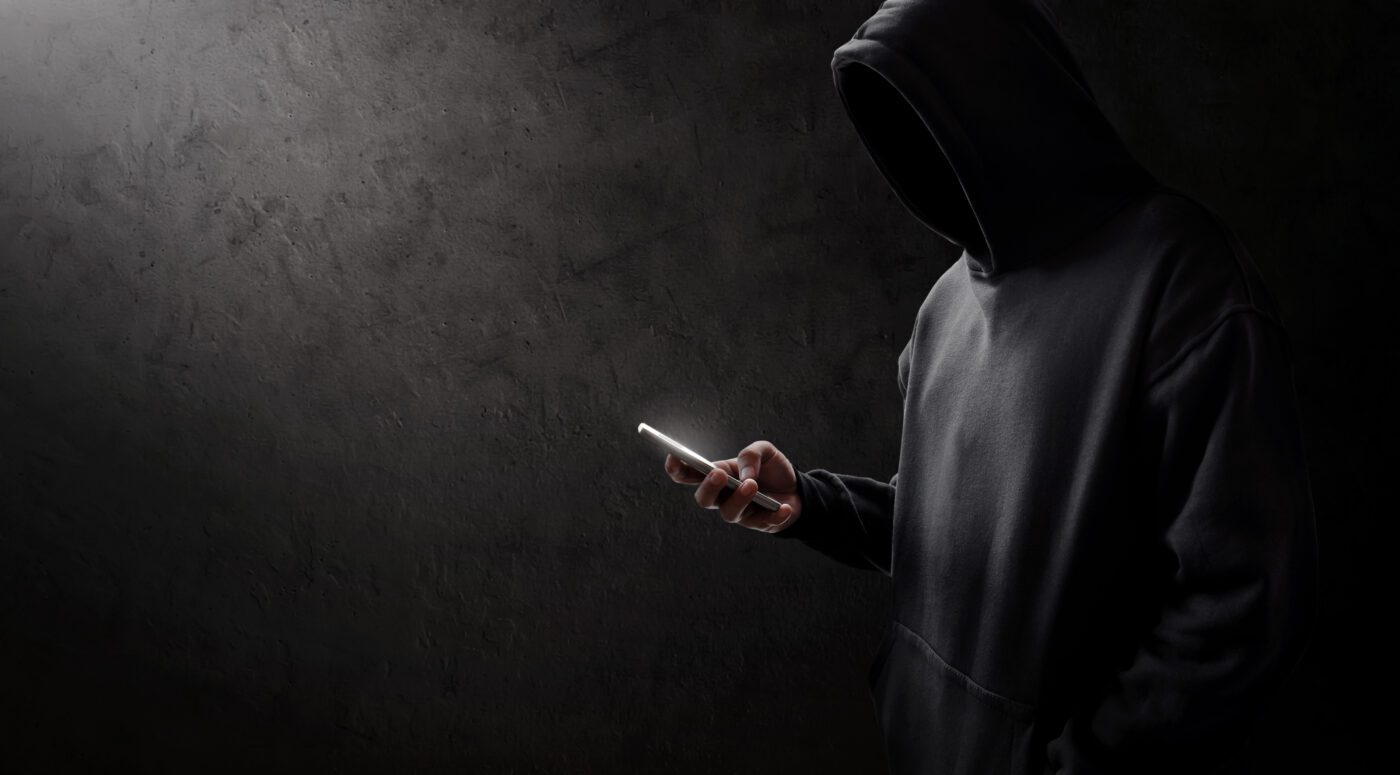

Allegations of distributing indecent images can be profoundly unsettling, casting a long shadow over your personal and professional life. The legal process is often intimidating, and the potential outcomes can feel overwhelming. If you or someone you know is accused of distributing indecent images, you may be grappling with questions about what the offence actually means, what sentences are possible, and whether a suspended sentence could be an option. This article aims to clarify the law, outline the sentencing process, and provide practical guidance to help you make informed decisions during this difficult time.
What is the offence of distributing indecent images?
Distributing indecent images refers to the act of sharing, sending, or otherwise making available images or videos that depict children in a sexual manner. In the UK, this is a serious criminal offence under the Protection of Children Act 1978 and the Criminal Justice Act 1988. The law is designed to protect children from exploitation and to deter the circulation of such material, whether the distribution occurs online or offline.
Distribution can take many forms. It might involve sending images via email, uploading them to file-sharing websites, sharing them through messaging apps, or even passing them on physically using storage devices. Importantly, the law does not require that the person who distributed the images created them; simply forwarding or sharing material received from someone else is enough to constitute an offence.
The courts consider the context and intent behind the distribution. Whether the images were shared with a single individual or posted to a large audience, and whether there was any financial gain or other motivation, are all relevant factors.
What are the typical sentences for distributing indecent images offences?
Sentences for distributing indecent images are generally more severe than for simple possession, reflecting the greater harm caused by circulating illegal material. The courts view distribution as a significant aggravating factor, especially when it involves large numbers of images, repeated behaviour, or commercial motives. For the most serious cases, custodial sentences of up to ten years are possible, and offenders are almost always required to sign the Sex Offenders Register and may be subject to Sexual Harm Prevention Orders.
Sentencing is not a one-size-fits-all process, however. Judges consider a range of factors, including the number and category of images, the method and scale of distribution, the defendant’s intent, and any previous criminal history. For example, someone who shared a small number of lower-category (i.e. less serious) images with a single person may receive a less severe sentence than someone who operated a website distributing thousands of Category A (more serious) images.
Not every conviction leads to immediate imprisonment. In some cases, particularly where the distribution was limited, the defendant has no prior convictions, and there are strong mitigating circumstances, the court may consider alternatives such as a community order or a suspended sentence. The outcome will always depend on the specific facts of the case.
What is a suspended sentence and how does it apply to these cases?
A suspended sentence is a custodial sentence that is not activated immediately. Instead of being sent to prison straight away, the individual is allowed to remain in the community for a set period (normally between six months and two years) provided they comply with certain conditions, such as attending rehabilitation or therapy, performing unpaid work, or adhering to restrictions on internet use and contact with minors.
If the person abides by all the requirements and does not commit any further offences during the suspension period, they will not have to serve the prison sentence. That said, if they breach the conditions or are convicted of another crime during this time, the original sentence can be enforced, and they may be sent to prison.
Suspended sentences are intended to give offenders a chance to address the underlying issues that led to the offence, while still holding them accountable.
Is a suspended sentence possible for distributing indecent images offences?
While it is possible for a court to impose a suspended sentence for distributing indecent images, such outcomes are relatively rare and depend heavily on the circumstances. The judge will consider the gravity of the offence, the defendant’s background, and their willingness to engage in rehabilitation. If the court is persuaded that immediate imprisonment is not necessary and that the individual poses a low risk of reoffending, a suspended sentence may be considered.
For instance, if the distribution was limited in scope, involved lower-category images, and there is clear evidence of remorse and a lack of previous offending, the court may be more inclined to suspend the sentence. On the other hand, if the case involves large-scale distribution, commercial motives, or images of the most serious kind, the likelihood of a suspended sentence is greatly reduced.
What factors influence the court’s decision on a suspended sentence for distributing indecent images?
The court will consider a variety of factors:
- The number and category of images: Was the distribution limited to a few lower-category images, or did it involve hundreds or thousands of the most serious kind?
- Extent and method of distribution: Was the material shared with a single individual, or was it made available to a wider audience through websites or social media?
- Motivation and intent: Was the distribution for personal gratification, financial gain, or as part of a larger network? Was there any evidence of coercion or exploitation of others?
- Level of planning and sophistication: Was the offence opportunistic, or did it involve deliberate, organised efforts to distribute illegal material?
- Role and responsibility: Was the individual a key organiser, a minor participant, or someone who played a more significant role in facilitating the distribution?
- Abuse of trust: Did the offender use a position of authority or trust to access or distribute the images, such as working with children or in a caregiving role?
- Impact on victims: Did the distribution contribute to the ongoing exploitation of children, or was there evidence of direct harm to specific individuals?
- Personal circumstances: Factors such as age, health, family responsibilities, and previous criminal record are all relevant.
- Remorse and rehabilitation: Has the individual accepted responsibility, apologised, or taken steps to address the underlying issues, such as seeking therapy or counselling?
- Risk of reoffending: Is there evidence that the individual is likely to commit similar offences in the future?
- Ability to comply with conditions: Is the individual likely to adhere to the requirements of a suspended sentence, such as attending treatment or avoiding certain online activities?
How serious does distributing indecent images have to be for a prison sentence?
Prison sentences are typically reserved for the most serious cases of distributing indecent images, especially where there is significant harm or aggravating circumstances. Several factors increase the likelihood of a custodial sentence:
- Large-scale distribution: The greater the number of images and the wider the audience, the more likely a prison sentence becomes. Operating websites or sharing material with multiple recipients is treated with particular severity.
- Commercial motives: Offences involving financial gain or participation in organised networks are viewed extremely seriously by the courts.
- Deliberate and repeated offending: Cases involving ongoing, intentional distribution of illegal material, or repeated offences over time, indicate a higher degree of culpability.
- Previous convictions: A history of similar offences, or other sexual offences, will demonstrate a pattern of behaviour and significantly increase the chances of a custodial sentence.
- Abuse of trust or authority: Offenders who have used their position to access or distribute indecent images, particularly those in positions of responsibility, are likely to face harsher penalties.
The court will also consider the overall impact of the offence, including the harm caused to the victims depicted in the images and the broader societal harm resulting from the circulation of such material. In cases where the distribution was limited, the images were of a lower category, and there are compelling personal circumstances, the court may consider alternatives to prison, but this is less common for distribution offences than for possession.
How can I improve my chances of receiving a suspended sentence for distributing indecent images offences?
If you are hoping to avoid immediate imprisonment, there are several steps you can take to improve your chances of receiving a suspended sentence:
- Seek legal advice as soon as possible: An experienced solicitor can help you understand the charges, build a strong defence, and present your case in the best possible light.
- Demonstrate genuine remorse: Courts are more likely to be lenient if you accept responsibility for your actions and express sincere regret.
- Show evidence of positive change: If you have taken steps to address problematic behaviour, such as voluntarily restricting your internet use or participating in support groups, this can help persuade the court that you are unlikely to reoffend.
Where to get more help
Facing criminal charges for distributing indecent images is an incredibly serious and stressful experience. The legal and personal consequences can be far-reaching, but early intervention and the right support can make a significant difference to the outcome of your case. If you or someone you care about is in this situation, don’t hesitate to seek expert legal advice. Contact the team at Stuart Miller Solicitors today to discuss your options.
OUR COMMITMENTS TO YOU:
-
Responsive
A legal expert will consult you within 24 hours of making an enquiry.
-
Empathetic
We will always treat you with trust, understanding and respect.
-
Specialised
Your case will be handled by an expert who specialises in your type of offence.
-
Proactive
We will take early action to end proceedings as soon as it is practically and legally possible to do so.
-
Engaged
You will be kept updated on your case at all times. We will provide a named contact available to answer your questions.
-
Caring
We understand this is a difficult and stressful time for you and your family. Our team will support you every step of the way.
-
Tenacious
We will never give up on your case. We fight tirelessly to get you the best possible outcome.

